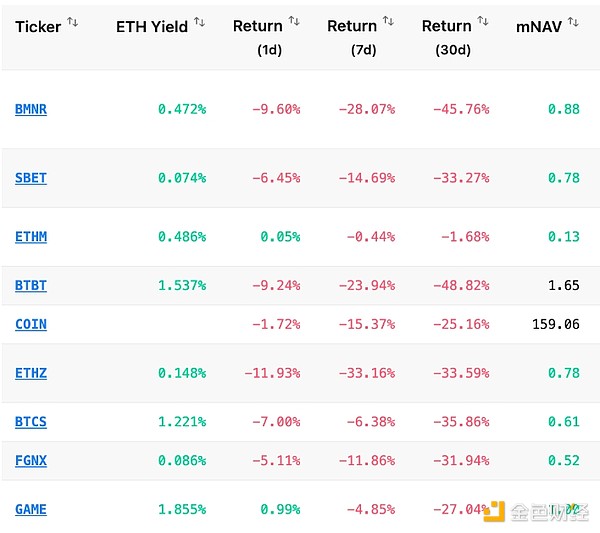BlackRock Targets Bitcoin Yield with New ETF Filing
BlackRock, the world’s largest asset manager, submitted paperwork in Delaware to establish a trust company for its proposed Bitcoin Premium Income ETF, a fund designed to generate income from Bitcoin-related premiums and add to the limited range of yield-focused BTC products already available.

In Brief
- BlackRock has submitted paperwork in Delaware for a new Bitcoin Premium Income ETF.
- The fund is designed to generate yield from Bitcoin through a covered-call strategy.
- The ETF would complement BlackRock’s existing iShares Bitcoin ETF IBIT, the market’s largest by assets.
Bitcoin Premium Income ETF Would Join IBIT in BlackRock’s Lineup
Filing to register a trust company in Delaware can be seen as a preliminary step before submitting formal applications to the U.S. Securities and Exchange Commission . Such filings usually precede an S-1 registration statement or a 19b-4 filing, which formally starts the SEC’s review process. BlackRock’s action signals that the company is moving forward with plans for this new fund.
Eric Balchunas, an ETF analyst, described the proposed fund as a covered-call Bitcoin strategy designed to provide Bitcoin with some yield. He noted that it would be a 1933 Act spot product and a sequel to BlackRock’s iShares Bitcoin ETF, or IBIT, showing the firm’s ongoing activity in the Bitcoin ETF market.
If approved, the Bitcoin Premium Income ETF would sit alongside IBIT, which has gathered over $60.8 billion since its January 2024 launch, establishing it as the market leader. In comparison, Fidelity’s Wise Origin Bitcoin Fund (FBTC) has seen $12.3 billion in inflows. The new ETF would broaden the options available to investors within BlackRock’s Bitcoin product lineup.
Balchunas also highlighted the broader market context, noting that several other cryptocurrencies are awaiting potential ETF approvals. In this environment, BlackRock’s decision to pursue another BTC product indicates a focus on Bitcoin and Ethereum, while leaving other coins aside for now.
He added that this approach opens the field for competitors offering non-BTC products, while the other Bitcoin covered-call ETFs currently on the market or in registration could face increased pressure .
Crypto ETFs Amid Changing Rules
Historically, traditional financial firms have been slow to adopt Bitcoin, partly because it does not inherently produce yield. Some structures have emerged to provide returns from BTC holdings, such as Strategy’s STRK convertible preferred shares, which use its Bitcoin holdings to generate steady returns for investors.
At the same time, the U.S. regulatory environment has started to become more receptive to cryptocurrency investment products. Under Donald Trump’s administration, regulators have shown a somewhat softer approach toward crypto, reflecting his stated goal of making America the crypto capital of the world. In this context, the SEC has demonstrated a willingness to consider a broader range of crypto-focused investment products.
Meanwhile, BTC ETFs experienced an outflow of $253 million yesterday, marking the second-largest of the week after a $363 million outflow on Monday .
Disclaimer: The content of this article solely reflects the author's opinion and does not represent the platform in any capacity. This article is not intended to serve as a reference for making investment decisions.
You may also like
How does the leading player in perpetual DEX view the future trend of HYPE?
If you believe that the trading volume of perpetual DEXs will continue to grow, then HYPE is one of the purest and most leveraged ways to capitalize on this trend.

Privacy Meets Social Trust: How UXLINK and ZEC Are Building the Next Generation of Web3 Infrastructure
As ZEC advances compliant privacy and UXLINK builds real-world social infrastructure, the industry is moving towards a safer, more inclusive, and more scalable future.

Market Prediction and Emerging Parataxis: What is the current major challenge?
The prediction market project is experimenting with new primitives and mechanisms, including a prediction derivatives market, advanced automated market makers and liquidity mechanisms, interoperability primitives, and more.

With the market continuing to decline, how are the whales, DAT, and ETFs doing?

